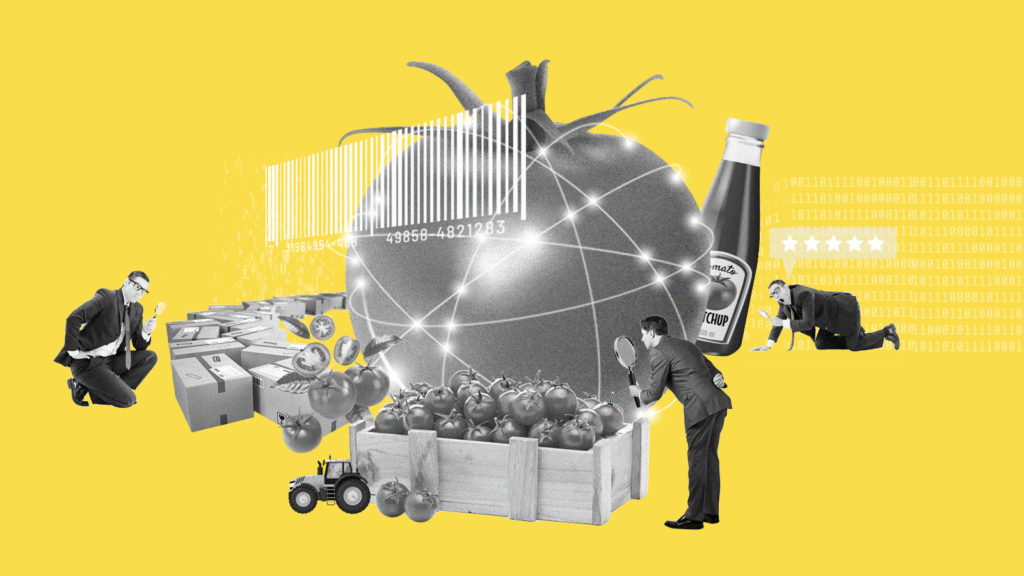Traceability is a concept for identifying the causes of defective products in production and logistics. Every operator must be able to show from whom they received a food or raw material and to whom they delivered the food. This information is crucial so that unsafe food can be quickly withdrawn from the market. Current food law provides a framework for action in this regard to provide guidance to production companies and protect consumers.
Both regulation and consumers expect food producers to be able to provide information at any time about where, when and by whom a product was obtained, produced, processed, stored and transported
Duty to provide information and evidence as a sword of Damocles
As soon as a specific product is questioned, the production company must be able to carry out a complete traceability in the value chain on the basis of the information collected on the product in order to quickly and reliably find and remedy the causes of any problems that may occur.
There is no question that this is usually done. What is essential is that this can be checked by the authorities. This means that in the case of health-related product defects, the authorities must be informed and information on the product history must be provided.
In addition to this obligation to provide information, there is also an obligation to provide evidence: the effectiveness of the quality assurance system with regard to traceability must be proven to the authority upon request. These obligations are primarily based on EU Regulation 178/2002 – and can have enormous consequences if not fulfilled.
The required traceability should enable and accelerate process reliability and, in the event of damage, the identification of the source and the targeted recall of defective products. In this context, it is not sufficient to merely be able to present documentation of one’s own in-house processes. Transparency across the entire value chain is expected.
This is undoubtedly a challenge, considering the complex process structures of today’s production companies with global supply chains and the particularly fast-changing framework conditions of food production. So the question is: How does a production company manage to meet these requirements without disrupting everyday production by investing additional time and money?
Traceability within the manufacturing and supply chain
Traceability within manufacturing and supply chains is primarily about monitoring the logistics and, above all, the transfer of risk of products between the respective manufacturers and suppliers.
This includes the course from the procurement of raw materials to their mechanical processing, assembly, distribution and sale – and this both downstream and upstream. In addition to fulfilling the documentation obligation, this transparency is another decisive advantage for companies: A complete overview of the supply chain reveals optimisation potential and enables quick action in the event of a malfunction.
In times of global supply chains and dynamic market developments, it is now hardly possible to keep one’s finger on the pulse without the support of intelligent software. Intelligent supply planning means enabling faster decisions that can save money – without sacrificing product quality. Quite the opposite.
Every piece of information in real time across the entire production
Intelligent software systems are able to meticulously record all steps within production, from logistics to manufacturing. This data forms a basis for better decision-making: Analyses and data histories offer new insights into where production can or must be optimised. Networking with all suppliers, partners and customers enables fast communication – and supports compliance with regulatory obligations. Whether within the supply chain, in quality management or in warehouse and manufacturing processes: transparency is no longer a luxury in food production, but a necessity and a legal obligation. Software solutions help to meet this – and with an integrated platform solution, all this can be mapped within one interface. Food production in the sense of Industry 4.0: safe, agile, high-quality and intelligently digitalised.
It’s time to take the next step into the future! Find out in our expert white paper which trends and challenges are currently keeping the food industry on its toes and how you can stay one step ahead of your competitors with the right strategy!
